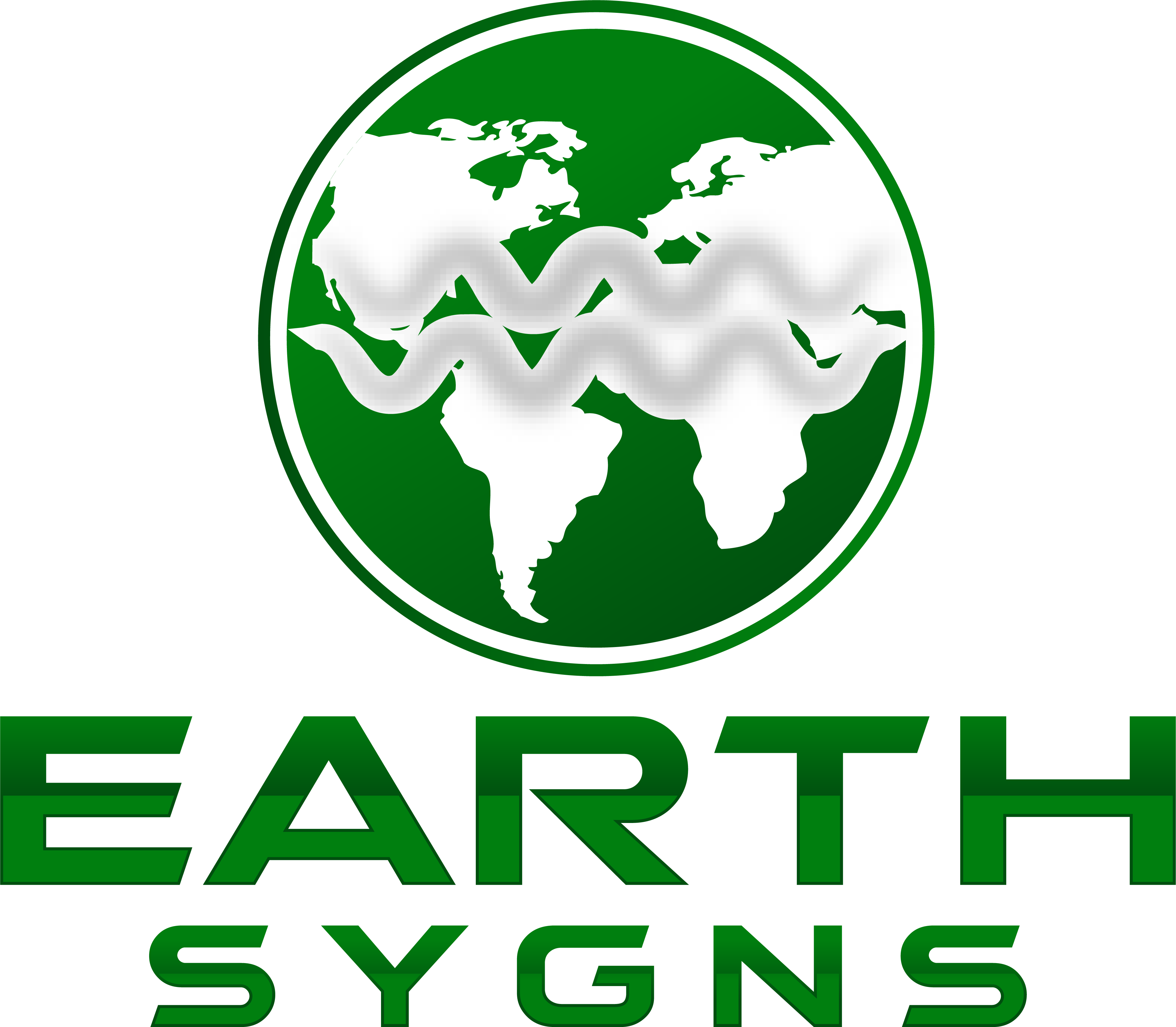By: Kirsten Hogg
Why is clean water important?
Humans need clean freshwater for our survival. Water helps us regulate our internal temperature, protect our organs and tissues, and eliminate waste products. We also need clean water for maintaining basic hygiene as well as for agriculture, manufacturing, and energy production.
How much clean water is there?
In many countries today, people have access to plentiful amounts of clean freshwater on tap. Whilst this can make it seem there is a limitless supply of clean water, the reality is that it is a scarce resource. Only 3% of the world’s water is fresh, and of that only 0.5% is accessible. Severe water shortages are expected to be experienced by 2040.
How will climate change impact the amount of clean water?
Climate change has increased the amount of extreme weather events, including both droughts and flooding. Droughts are causing many of our freshwater sources to shrink. Flooding can result in our clean water sources being contaminated with pesticides, sewage and debris.
Another consequence of climate change is that the distribution of rainfall is likely to become more extreme, with regions that are dry becoming drier and regions that are wet becoming wetter. Rainfall may also become more irregular, resulting in the water supply being less reliable.
What does the future hold?
As the world’s population continues to expand, there will be increasing demands on the limited clean water available. The incidence of water shortages will intensify and the cost of water will likely increase. This will not only impact us in terms of our direct water consumption, it may also impact the provision of energy and agricultural products.
Displacement of people due to experiencing significant drought is likely to be more common, increasing the risk of poverty and social tensions. The struggle to secure scarce water resources may even lead to regional and global conflict.
What can we do?
We can start taking steps now to save water to reduce the risk of water shortages in future. The starting point is ensuring there is general awareness of the scarcity of water and how to reduce wastage. The importance of conserving water is quickly apparent once people start experiencing water shortages, the challenge is instilling this understanding in those who have not yet experienced water shortages. Once there is a wider acceptance of the plight we face, there is likely to be more action towards water conservation.
Water authorities and governments can introduce measures to make water usage more efficient and to reduce waste. Initiatives can include mandating the use of water efficient devices in commercial and residential buildings, implementing programs to identify and repair leaks in the water supply systems, and offering rebates to encourage communities to harvest rainwater.
We can all make a difference to reduce the threat of water shortages, both through our own water use and by advocating for action in our wider communities.





